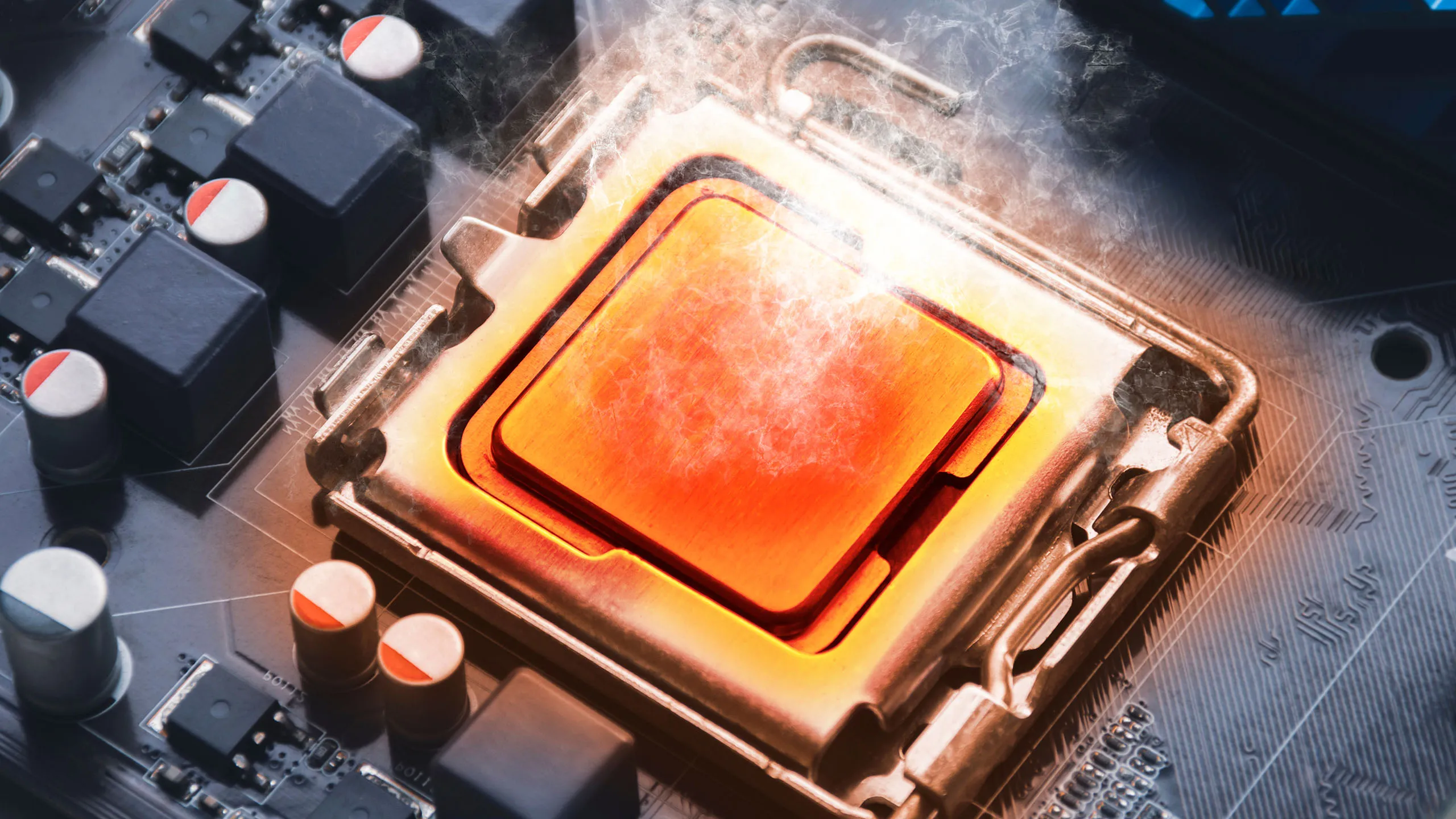Intel Identifies Causes of Overheating in CPUs and Processors

Understanding the Overheating Problems with Intel CPUs
The year has been tumultuous for CPUs and processors, especially for Intel's latest offerings. An alarming production error has caused high voltages, resulting in overheating and crashes for many users. This issue doesn’t just impact performance; it risks long-term damage to the processors, drastically affecting their lifespan.
Intel's BIOS Updates: A Response to Processor Failures
After nearly two months of investigation and minor tweaks, Intel is stepping up with a series of BIOS updates. These are designed to tackle the identified issues leading to CPU overheating, providing users with much-needed relief and stability.
Key Findings from Intel's Investigation
- Four main causes contribute to the overheating issue.
- High voltages were incorrectly applied during the production phase.
- System crashes reported by users are a direct consequence.
- Affected models include Intel's 13th- and 14th-generation Core CPUs.
Ultimately, Intel’s commitment to addressing the overheating problems is crucial for restoring consumer trust and enhancing performance in their CPUs and processors.
This article was prepared using information from open sources in accordance with the principles of Ethical Policy. The editorial team is not responsible for absolute accuracy, as it relies on data from the sources referenced.